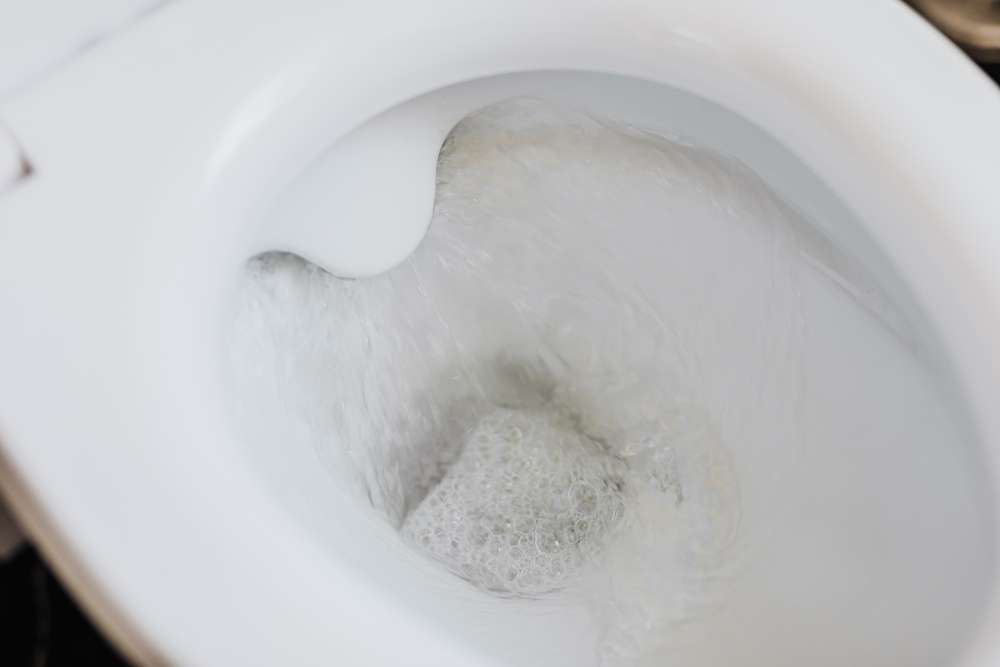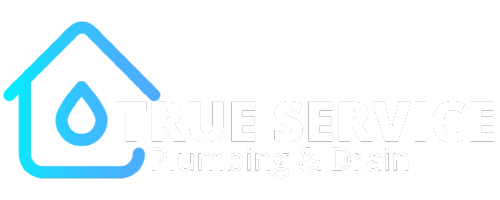If you’ve ever wondered, can you flush food down the toilet, you’re not alone. Many homeowners face this question, often out of convenience or confusion.
In this comprehensive guide, we’ll explore why flushing food is a bad idea, the impact it can have on your plumbing and sewage system, the types of food, and what you should do instead.
What Types of Food Can Be Flushed Down the Toilet?
The Misconception of Flushable Food
You might wonder if any food items are safe to flush. The truth is, most food should never be flushed down the toilet. Foods like rice grains, pasta, and coffee grounds are particularly problematic.
They expand and absorb water, leading to clogs and blockages in your plumbing system. Even small quantities of food can contribute to plumbing issues over time.
Plumbing Issues and Sewage System Impact
Flushing food can lead to severe consequences for your plumbing system. As food waste accumulates, it can cause blockages that hinder the flow of wastewater.
This not only affects your home’s plumbing but can also have broader implications for the local sewage system. Clogged pipes can lead to backups and overflows, resulting in costly repairs and potential health hazards.
Below are some common foods that people mistakenly flush and tips for proper disposal.
Hard Foods
Avoid flushing hard food scraps down your toilet at all costs. Hard foods will take a very long time to decompose. For this reason, they pose a constant threat of clogging and blockage to your drain.
Not only that, hard foods can also contribute to the formation of fatbergs. These fatbergs can cause severe city sewer system blockages. Additionally, hard foods can jeopardize operations by your city’s wastewater treatment plants.
Some hard foods include:
- Bones
- Meat
- Egg shells
- Nuts
- Fruit pits
- Corn cobs
You must always either compost or dispose of food of this type in a garbage can.
Oil, Fat, and Greasy Foods
Drains and oil are two things that should never mix together. The same stays true with your toilet. When mixed in with water, fatty substances will eventually cool and form into a solid mass.
Not only that, fat can attract other non-biodegradable material, like wet wipes. This will aid in the formation of the dreaded aforementioned fatberg.
Overtime, the buildup of fatty and non-biodegradable materials can cause severe damage and blockage to both your home plumbing system and your City’s sewage pipes. This can cause potential issues in your home, such as basement flooding due to sewage backup.
Foodstuffs with high fat content include:
- Meats and bacon
- Lards, shortening, oil, butter and margarine
- Baking goods
- Roux, salad dressings and gravies
- Dairy
- Soups
- Sandwich spreads like mayonnaise
Therefore, flushing any food with a high fat content will likely result in pipe blockages.
Grains & Starches
These foodstuffs may appear innocent, yet they can pose a huge problem for your toilet drain. When they come in contact with water, grains and scratchy foods will expand in size over time.
They can also get sticky when wet and can easily stick to the walls of piping. A combination of these two factors make this food type deadly to your plumbing.
Being incredibly sticky allows them to catch other materials and grow even faster. On top of that, they expand in size with exposure to water. As you can imagine, this is a recipe for constant pipe blockage.
Grains and starchy foodstuffs include:
- Rice
- Pasta
- Cereal
- Oats
- Barley
- Mashed potatoes
- Bread
Alternative Food Disposal Options
Extra food does not have to end up down your toilet bowl. There are other options for disposing of leftover food after a meal.
For instance, you can freeze leftovers in your fridge or freezer. From here, you can reuse food scraps for soups or stews at a later time. Get creative and think outside the box! There are numerous ways to repurpose leftover food scraps in cooking.
Another way you can dispose of leftover food scraps to compost them. This method is fairly easy to do, as all food is compostable. Keep a small bin in your kitchen and empty it into your compost bin once full. If you have a backyard, starting a compost pile or bin is pretty straight forward. It also requires very little effort! Your garden will certainly love you for it.
Clogged Toilet Repair With True Service Plumbing
If toilet troubles continue to persist and you are unable to identify the main cause, time to call in the pros.
Our licensed plumbers will assess your home’s plumbing system and determine the root cause of your clogs, and perform the services necessary to resolve the issue.
From clogged toilets, line repairs, plumbing fixture installation and replacement, or a total bathroom renovation, True Service Plumbing has your back when it comes to all things plumbing.
Contact True Service Plumbing today to schedule a free estimate and consultation.


